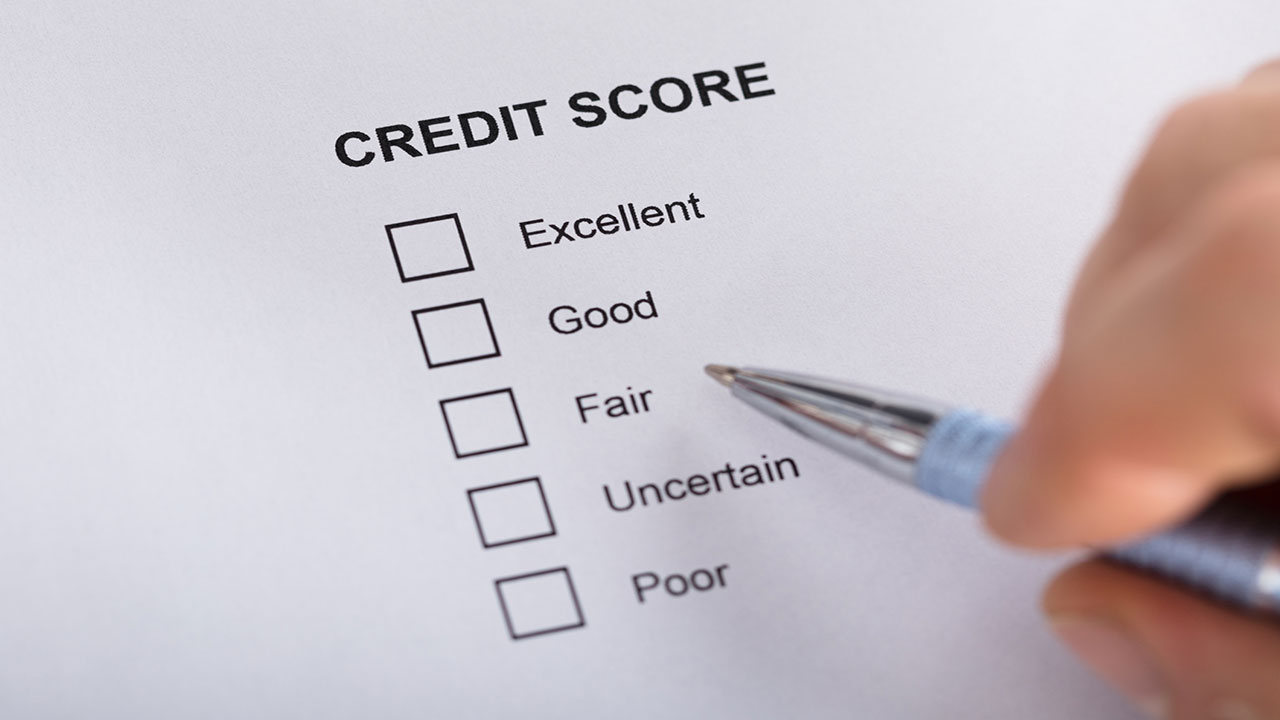
If your credit score is on the low side, you could find it pretty tough to get approved for a mortgage.
You’ll probably even find that a low credit score will impact your ability to get any other type of loan, rent an apartment, or even get a cell phone contract!
Those three little numbers have plenty of power, and any move you make can send it in either direction.
The good news is that there are plenty of ways to improve your credit score. If you’re looking to buy a home sometime soon, your best bet would be to take the time to give your credit score a boost in order to increase your odds of getting approved for a low-interest rate mortgage.
But after implementing these practices, how quickly can you expect your credit score to increase?
How Long Does it Take to Increase Your Credit Score?

It’s tough to predict exactly how long it will take to see any improvement in your credit score. That said, the more vigorous you are about improving it, the sooner you should see it rise. Also, it will depend on how frequently certain businesses send their credit reports: some send them daily, while others do so monthly.
Even after you’ve made a number of improvements to your financial habits and your credit report has been updated with this information, it can still take some time to see any changes in your credit score.
Generally speaking, you can see some improvement in a matter of weeks, though a few months to a year is more typical. However, it can even take years to improve your credit score up to a certain amount, depending on the severity of your starting point. The key is to be consistent with positive habits in order to see some real changes to your score.
Specific Credit Events May Affect Your Score Differently

The type of credit mistakes you make has a direct impact on how long it will take to bounce back. Minor credit blunders should be quicker to rebound from, while more serious offenses could take years to rectify.
For instance, applying for a loan, closing out an old credit account, and maxing out on your credit card are all things that will negatively affect your credit score, but if you make all the right moves afterward, you could return to your previous credit score in as little as 3 months.
But missing just one credit payment can take 18 months to rebound to where your score was before. Defaulting on your mortgage can take you 3 years, and filing for bankruptcy can take 7 years to improve your score.
It should be noted that these time periods are only average in nature and are not written in stone. The time it takes to bounce back all depends on other issues on your credit report and the positive things you do from this day forward.
Your starting point also matters. If you’ve got a good credit score and make one mistake, rebounding to your original score should be a lot easier and faster than if you make a string of bad moves from the time you start building credit.
Further, building good credit from scratch will take less time than rebuilding credit that’s been damaged by bad spending habits.
What Can You Do to Improve Your Credit Score?

Whether you’re building credit from the ground up or are trying to mend a damaged score, there are a number of things you can do right now to improve your credit score.
Check for mistakes on your credit report. While you may have made some mistakes in the past that have pulled down your credit score, there could be mistakes on your credit report that are dragging it down even further.
Request a copy of your report (which you can do for free every 12 months), and comb through it to check for mistakes. If you find any, report them immediately to have them investigated.
Pay down your debts. About one-third of your credit score is based on your debt load compared to the amount of credit you have, which is referred to as “credit utilization.” For instance, if you have a $10,000 limit on your credit card and you owe $9,500 against it, your credit utilization would be 95%. That’s way too high.
According to FICO, your credit utilization ratio should be no more than 30%. Based on this fact, paying your debt down to under 30% can help give your credit score a boost.
Pay your bills on time. This is a basic habit to adopt, but it’s the most effective. Missing just one payment can shave a few points off your score, but making your payments on time and in full every billing cycle can do the opposite.
Payment history makes up 35% of your credit score. If you’re diligent with this practice, you should see an improvement in your credit score within a few weeks, as long as everything else on your report is positive.
Negotiate with creditors. You might be able to strike a deal with your creditors and see if they’d be willing to reduce your overall outstanding debt. While this trick doesn’t always work, it’s still worth a try.
You may be able to offer cash as a settlement, for instance, in order to convince your creditors to reduce what you owe. If they agree, be sure to get the agreement in writing and keep up with your credit payments going forward.
Increase your available credit. If you’re close to your credit limit on your credit card and aren’t necessarily able to pay down your balance quickly, you may be able to increase your credit utilization by asking your creditor for an increase in your credit limit. Asking for an increase in your available credit can help to raise your score by slashing your credit utilization ratio.
Become an authorized user. If any of your close family members have good credit, ask them if you can become an authorized user on their account. If they’re willing to let you, this may help to increase your credit score as each of their timely payments will reflect positively on your record.
The Bottom Line
Your credit score is incredibly important when it comes time to take out a loan such as a mortgage. If you’re in the market to buy a home in the near future and your credit score could use a boost, the time to improve it is now.
If you’re not in a terrible rush to buy a home, consider taking a few months to make some changes to your financial habits. Before you know it, you’ll have a much better score than you started out with, which can increase your chances of getting approved for a mortgage at a better rate.